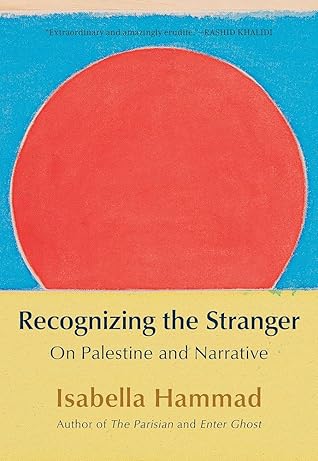More on this book
Community
Kindle Notes & Highlights
Read between
October 25 - October 25, 2024
In the Bulgarian writer Georgi Gospodinov’s 2020 novel Time Shelter, the narrator notes that history becomes history only after the fact: “Most likely,” he says, speaking of the beginning of World War II, “1939 did not exist in 1939, there were just mornings when you woke up with a headache, uncertain and afraid.”
The flow of history always exceeds the narrative frames we impose on it. Generations continue to be born, and we experience neither total apocalypse nor a happily-ever-after with any collective meaning beyond the endings of individual lives. Yet this narrative sense remains with us, flickering like a ghost through the revisions of postmodernism: we hope for resolution, or at least we hope that retrospectively what felt like a crisis will turn out to have been a turning point.
He chose to read the so-called canon “contrapuntally”—a helpful Saidian term—rather than disavowing texts written in previous eras out of retrospective feelings of disgust, based on what he saw as their implication in systems of oppression and domination. Of course, later on, he himself saw this literary tradition less and less as a sole privilege of the West but rather as something shared by everyone, complexly; a tradition interpenetrated by cultures of the East and the South, and also inherited by them.
Aristotle describes anagnorisis as a movement from ignorance to knowledge. When a character realizes the truth of a situation they are in, or the truth of their own identity or someone else’s, the world of the text becomes momentarily intelligible to the protagonist and thus also to the audience.
I once heard Palestinian activist and co-founder of the BDS movement, Omar Barghouti, talking about an “aha moment”—what I would call, as you might by now have guessed, recognition. He was talking specifically about the moment when an Israeli realizes, in a turning point of action, that a Palestinian is a human being, just like him or her.
He kept asking me whether I thought we humans could ever act in the world purely as individuals, and not on behalf of groups.
How many Palestinians, asked Omar Barghouti, need to die for one soldier to have their epiphany? Many Palestinians have nevertheless devoted their lives and careers to actively trying to induce epiphanies in other people.
Yasmin El-Rifae’s brilliant book Radius, about a militant feminist group protecting women from sexual assault in Tahrir Square toward the end of the 2011 Egyptian revolution. El-Rifae ponders the analogous issue of women appealing to or trying to educate men about misogyny and patriarchal violence. “Rather than wondering about the efficacy of addressing men,” she asks, “can we think of breaking into their awareness as a by-product of us speaking to one another? Can we focus instead on our own networks, on thinking together, on resisting together, on supporting one another—openly?” Writing in
...more
What I learned through writing this book is that literary anagnorisis feels most truthful when it is not redemptive: when it instead stages a troubling encounter with limitation or wrongness. This is the most I think we can hope for from novels: not revelation, not the dawning of knowledge, but the exposure of its limit. To realize you have been wrong about something is, I believe, to experience the otherness of the world coming at you. It is to be thrown off-center. When this is done well in literature, the readerly experience is deeply pleasurable.
“Having a strong reaction is not the same thing as having an understanding,” she writes, “and neither is the same thing as taking an action.” It’s true that emotion and understanding are not the same as action, but you might say that understanding is necessary for someone to act.
In the language of both law and literary form, then, recognition is a kind of knowing that should incur the responsibility to act for it to have any value beyond personal epiphanies, or appeasing the critics of the one doing the recognizing. Great effort is required to ensure that such a moment marks the middle of the story, and not the finale. Another act must follow.
How to confront this except perhaps with what the Palestinian novelist Emile Habibi named “pessoptimism”—an acutely Palestinian frame of mind? Gramsci, borrowing from Romain Rolland, described this condition only slightly less concisely as “pessimism of the intellect, optimism of the will.” It’s one thing to see shifts on an individual level, but quite another to see them on an institutional or governmental one. To induce a person’s change of heart is different from challenging the tremendous force of collective denial.


